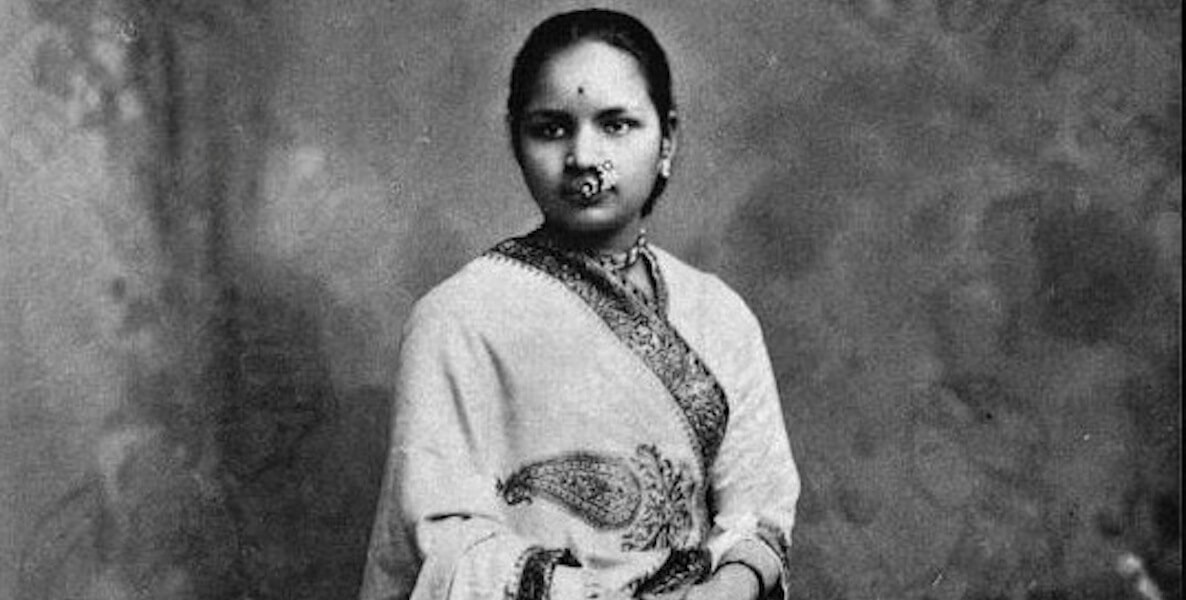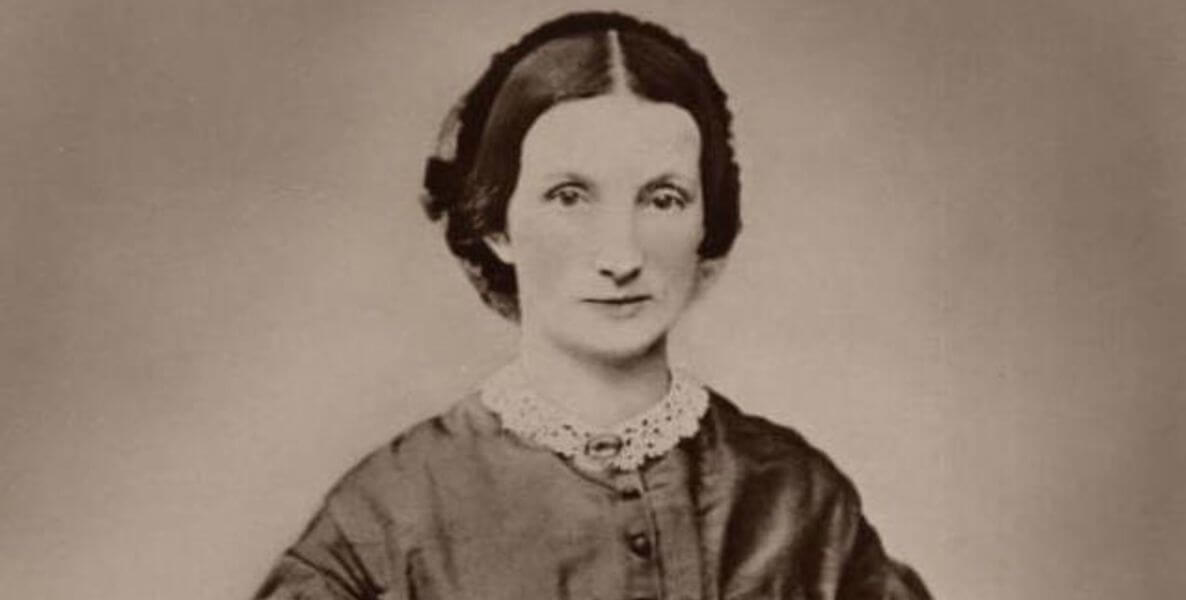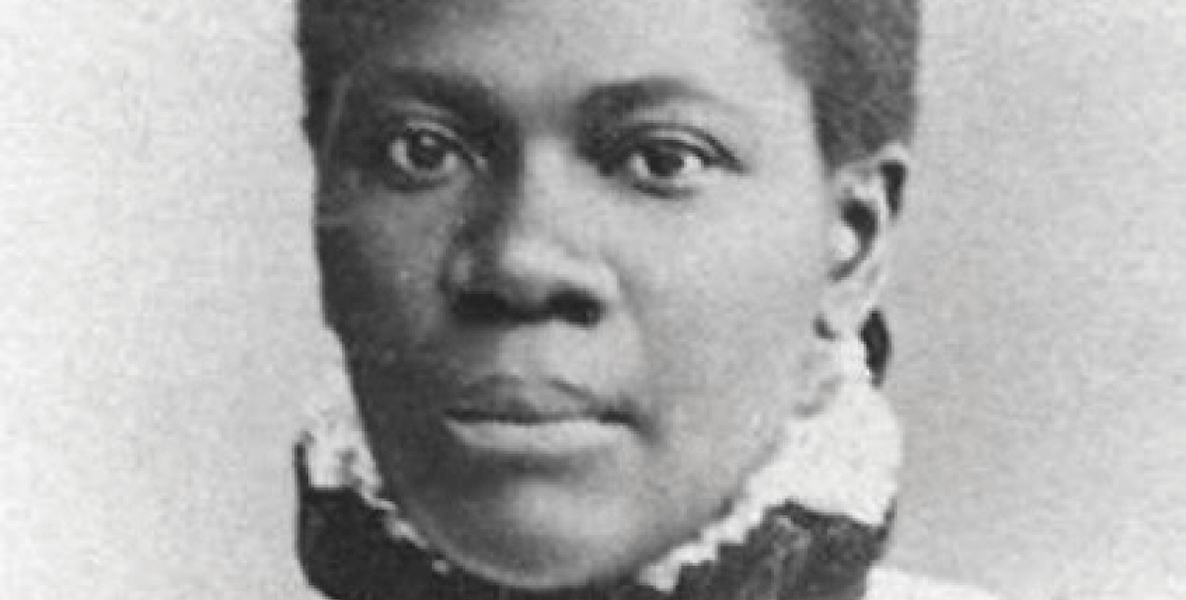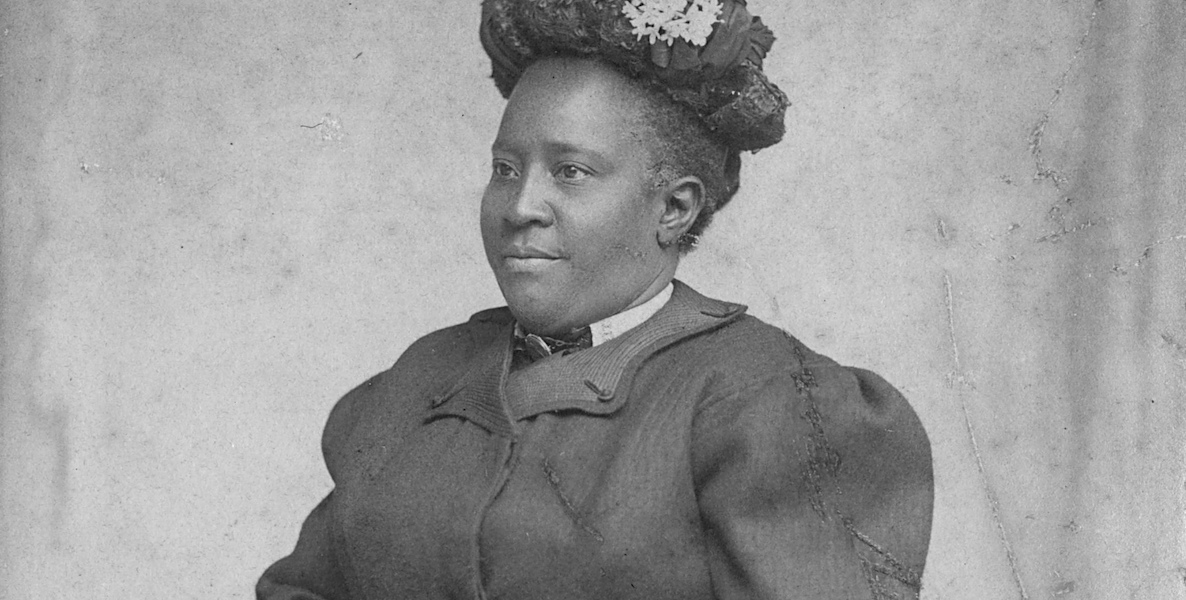11
Mary Engle Pennington
Chemist / Refrigeration Pioneer
Mary Engle Pennington
Chemist / Refrigeration Pioneer
1872-1952
At age 12, Mary Engle Pennington became so fascinated with a book on medical chemistry that she went to the University of Pennsylvania and demanded that one of the professors there explain everything that she had read. The professor promised to help her if she came back when she was older.
Pennington took the professor at his word and went on to study biology and chemistry at Penn’s Towne Scientific School in 1890. In 1892, she completed the credits required for a B.S. degree, but instead received a “certificate of proficiency” since the university did not grant degrees to women at the time.
Later, she became one of the first women to receive a PhD from Penn in 1895.
She went on to found the Philadelphia Clinical Laboratory and served as chief of the U.S. Department of Agriculture’s food research lab. Pennington is most remembered for her work on frozen food preservation—The New Yorker dubbed her “Ice Woman” in a 1941 profile—which led to the passage of the 1906 Pure Food and Drugs Act and helped revolutionize the food supply by making safe, fresh foods affordable.
EDUCATION
- PhD, University of Pennsylvania, 1895
ACCOMPLISHMENTS
- Founded the Philadelphia Clinical Laboratory
- Served as chief of the U.S. Department of Agriculture’s food research lab
- Recognized as the authority on refrigeration and its effect on food products
- Served as the FDA’s first female lab chief
FINAL WORDS: “The scientific work published by Pennington and her staff at the Food Research Laboratory reassured the public by stressing the improvements found in the new mechanically refrigerated poultry and liquid egg plants. Pennington’s strategy of encouraging industry cooperation while presenting a positive picture to the public proved more effective in the long-run,” historian Lisa Mae Robinson wrote in the article “Regulating What We Eat: Mary Engle Pennington and the Food Research Laboratory.”
RELATED READING





